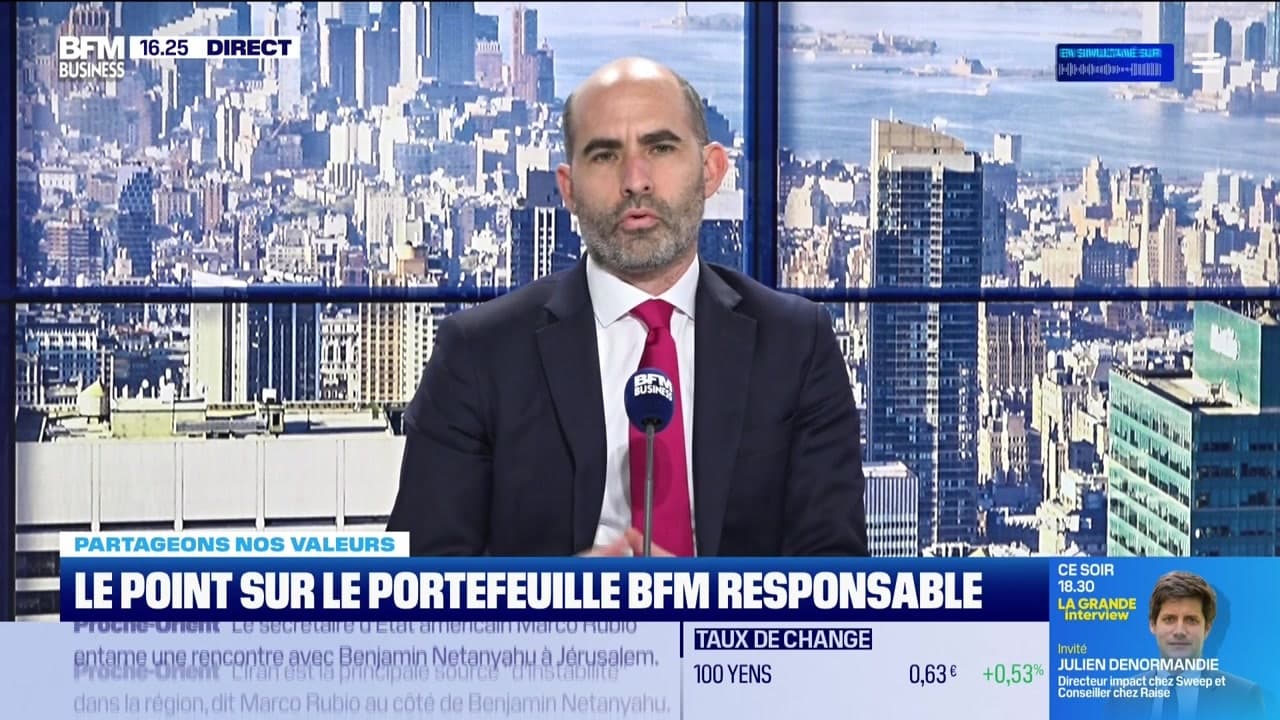Resistance To EV Mandates Grows Among Car Dealerships

Table of Contents
Financial Concerns Fueling Dealer Opposition to EV Mandates
Dealerships face substantial financial hurdles in adapting to mandatory EV sales quotas. These challenges stem from several key areas:
High Inventory Costs and Showroom Adaptations
Adapting to the EV era demands significant upfront investment. Showrooms require costly upgrades to accommodate EV displays and charging stations. Maintaining EV inventory presents further challenges. EVs, with their complex battery systems and specialized components, often command higher storage and maintenance costs than internal combustion engine (ICE) vehicles.
- Increased training costs for technicians: EV repair requires specialized skills and training, adding to operational expenses.
- Specialized charging equipment expenses: Installing and maintaining adequate charging infrastructure in dealerships is a substantial capital investment.
- Need for battery storage and handling infrastructure: Safe and proper storage of EV batteries requires specialized facilities and protocols, increasing operational costs.
Uncertainty in EV Market Demand and Consumer Adoption
Many dealerships express concern about the actual consumer demand for EVs in their specific geographic markets. Factors like range anxiety, the availability of public charging stations, and the perception of higher initial purchase prices all impact consumer adoption rates. Furthermore, the fluctuating nature of government incentives and subsidies creates uncertainty, making it difficult for dealers to plan for the future.
- Concerns about resale value of EVs: Uncertainty surrounding the long-term value of used EVs affects both dealer inventory management and consumer purchasing decisions.
- Range anxiety impacting consumer choices: Limited driving range and concerns about finding charging stations remain significant barriers to EV adoption for many consumers.
- Lack of public charging infrastructure in certain areas: Inadequate public charging networks in many regions hinder EV adoption and increase consumer apprehension.
Profit Margin Squeeze and Impact on Existing Business Models
EV mandates directly impact the profitability of dealerships. The current profit margins on EVs are generally lower than those on ICE vehicles, putting pressure on dealerships’ bottom line. This is compounded by the potential for reduced service revenue due to EVs requiring less frequent maintenance. The shift to EVs necessitates an overhaul of existing business models, posing a considerable financial challenge for many dealers.
- Lower profit margins on EVs compared to ICE vehicles: Dealerships often receive lower profit margins on EV sales, reducing overall revenue.
- Potential for increased warranty claims: The complexity of EV technology may lead to a higher rate of warranty claims, adding to dealership costs.
- Reduced service revenue with fewer maintenance needs: EVs require less frequent maintenance than ICE vehicles, potentially reducing a significant revenue stream for dealerships.
Logistical Challenges in Implementing EV Mandates for Dealerships
Beyond the financial concerns, dealerships face significant logistical hurdles in adapting to EV mandates:
Lack of EV Inventory and Supply Chain Issues
Meeting mandated EV sales targets is difficult when faced with limited EV availability. Supply chain disruptions, microchip shortages, and battery material scarcity continue to constrain EV production, resulting in inadequate inventory for many dealerships.
- Microchip shortages: The global microchip shortage severely impacts EV production, leading to delays and limited inventory.
- Battery material scarcity: The limited availability of raw materials needed for EV batteries further constrains production.
- Factory production delays affecting EV availability: Manufacturing delays hinder the timely delivery of EVs to dealerships, impacting their ability to meet sales targets.
Training and Expertise Gaps for EV Servicing and Repair
Servicing and repairing EVs requires specialized knowledge and skills that many technicians currently lack. The transition to EVs demands significant investment in training programs to upskill the workforce and address the shortage of qualified EV technicians.
- Investment needed in training programs: Dealerships must invest heavily in training programs to equip their technicians with the necessary skills to service EVs.
- Difficulties in attracting and retaining skilled technicians: The specialized skills required for EV repair make it challenging to attract and retain qualified technicians.
- Complexity of EV technology: The complex technology of EVs requires extensive training and expertise for effective servicing and repair.
Infrastructure Limitations and Charging Station Deployment
The installation and maintenance of adequate charging infrastructure present further logistical challenges. Upgrading electrical grids to support increased charging demands is costly and complex, involving permitting and regulatory hurdles.
- High installation costs for charging stations: The cost of installing fast-charging stations at dealerships is a substantial barrier.
- Need for grid upgrades: Existing electrical grids often require upgrades to handle the increased energy demands of EV charging.
- Permitting and regulatory hurdles: Obtaining the necessary permits and approvals for installing charging stations can be time-consuming and complex.
Political and Regulatory Backlash Against EV Mandates
The push for EV mandates has ignited political and regulatory opposition. Dealer associations are actively lobbying against mandates they deem impractical and economically damaging. Legal challenges and court battles are likely as stakeholders contest the economic impact and market disruption caused by these mandates.
- Industry advocacy groups fighting against mandates: Various automotive industry groups actively campaign against stringent EV mandates.
- State-level legislation opposing federal mandates: Several states have introduced legislation opposing or mitigating the impact of federal EV mandates.
- Potential legal challenges based on economic impact and market disruptions: Dealerships may challenge mandates on the grounds of economic hardship and market disruption.
Conclusion
The growing EV mandates resistance car dealerships highlights significant concerns regarding financial viability, logistical challenges, and political opposition. Addressing these issues requires a collaborative approach involving policymakers, manufacturers, and dealerships to ensure a smooth transition towards a more sustainable automotive sector. Understanding the reasons behind this EV mandates resistance car dealerships is crucial for creating effective policies that support both environmental goals and the economic well-being of the automotive industry. To learn more about navigating the challenges of EV adoption, continue exploring resources on government regulations and industry best practices related to EV mandates and their impact on car dealerships.

Featured Posts
-
 Pandemic Fraud Lab Owner Convicted For Fake Covid Test Results
Apr 23, 2025
Pandemic Fraud Lab Owner Convicted For Fake Covid Test Results
Apr 23, 2025 -
 Record Breaking Game Yankees Hit 9 Home Runs Judges 3 A Highlight
Apr 23, 2025
Record Breaking Game Yankees Hit 9 Home Runs Judges 3 A Highlight
Apr 23, 2025 -
 The Warren Buffett Apple Sale Lessons For Long Term Investors
Apr 23, 2025
The Warren Buffett Apple Sale Lessons For Long Term Investors
Apr 23, 2025 -
 Finding The Best And Worst Diy Stores In The Uk
Apr 23, 2025
Finding The Best And Worst Diy Stores In The Uk
Apr 23, 2025 -
 Le Portefeuille Bfm Strategies D Arbitrage 17 Fevrier
Apr 23, 2025
Le Portefeuille Bfm Strategies D Arbitrage 17 Fevrier
Apr 23, 2025
